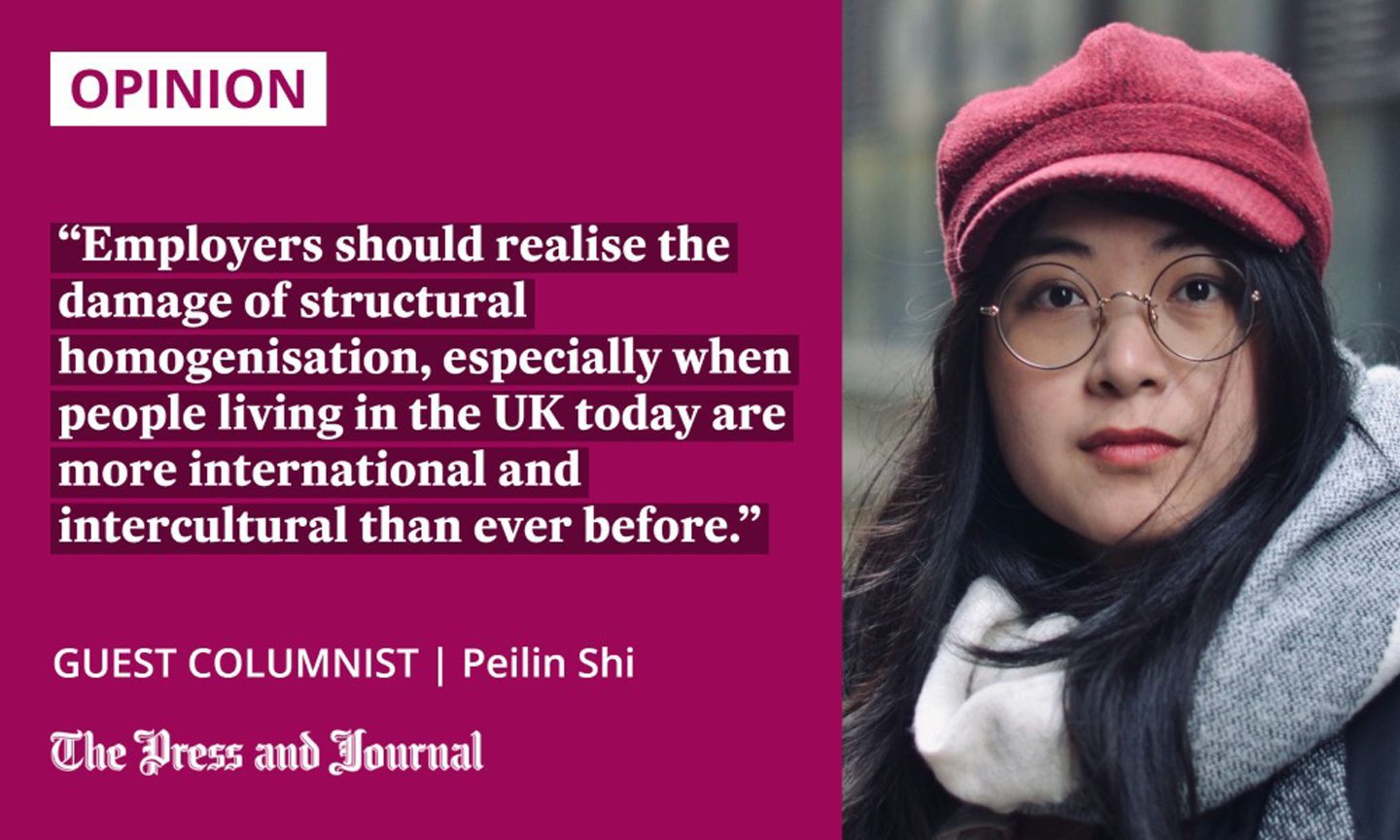The UK has long struggled with a workforce deficit, but recent years have shown just how unprepared the nation is for the rapidly changing state of the global economy.
Instead of the predicted employment boom during the Covid pandemic recovery, businesses are now dealing with high rates of open job vacancies and a declining labour market, together with the remarkable Great Resignation.
Recruiters across many industries are struggling to fill positions, with jobs requiring specialised knowledge hit the hardest. Brexit, the pandemic, and international, sector-specific labour shortages have made the recruiting crisis worse – the shortage of workers got dramatically bigger, there is a lack of training and some sectors are simply less appealing to domestic workers. Small and medium-sized enterprises (SMEs) may take the brunt of today’s unpredictability, and are hoping they’ll survive in this unstable market.
On the other hand, the UK is also losing qualified talent every day. The great amount of international graduates who possess specialised expertise, local and global experience, resilience and adaptability, could make an enormous difference.

They have been admitted to competitive higher education institutions (which this nation is proud of). They have acquired advanced skills in in-demand fields, such as science, engineering and digital arts. However, only 7% of international graduates were employed by UK organisations as of June 2022.
This is a significant loss for the UK, causing a brain drain and hindering the nation’s ability to maintain its economic standing in the global market. It is time for UK employers to recognise both the urgency of the situation, and the benefits of hiring internationally, instead of disregarding these great potential employees.
Hiring international graduates is easier than ever
The UK Government’s revised visa policy shows a commitment to internationalisation and globalisation in order to help to ease the economic crisis. Hiring international graduates is no longer as difficult, expensive, or constrained as it once was.
The Home Office has gradually decreased the hurdles and made visa and recruitment channels more clear. With the right visa, international graduates can live and work in the UK without restriction for two or three years after they graduate.
This works well, since it takes an average of around 18 months for students to land their preferred graduate role. Companies can then work with job candidates to help them secure the right kind of visa that allows them to stay in the UK long-term.
Businesses with racially and ethnically diverse staff are 35% more likely to generate financial returns above their respective national industry medians. International graduates can widen the horizons of other employees by providing new perspectives and solutions that their team may have never seen before.
By providing international workers with training early in their careers, businesses can help them develop into well-rounded professionals who have a distinctive voice inside their organisation.
UK economy and labour market needs fresh perspectives and ideas
A company has to be multicultural and champion many perspectives in order to progress and succeed in the UK today, and in society as a whole. There is an ethical, legal and moral need to ensure that our institutions don’t end up filled with promise-breakers and homogenous thinkers. By avoiding this, leaders create an environment where they can make better management and business decisions, and diversity is automatically promoted in the workplace.
The UK’s economy and labour market need fresh perspectives and ideas, and hiring international students can provide just that.
A head of technical programme management at Google said: “We’re a global company, so we’re really trying to make sure we are a global team as well. When I talk about diversity of background and experience, it really is about working in different types of environments with different types of teams.”
Employers should realise the damage of structural homogenisation, especially when people living in the UK today are more international and intercultural than ever before.
Past tragedies, like when a student died as a result of a serious traffic accident and their university was not able to tell their parents directly, simply because no members of staff could speak their language, are unforgiveable. A situation like that should never be allowed to happen again – no matter what the language is – while international students make up a significant portion of any city’s population.
The UK’s precarious financial situation requires quick action and answers if we are to prevent the economy from collapsing and deteriorating further
UK employers must recognise the need for international talent and make an effort to dispel outdated beliefs and biases. In the broad scheme of things, the UK’s precarious financial situation requires quick action and answers if we are to prevent the economy from collapsing and deteriorating further.
The nation’s corporate and economic development, as well as social advancement, would benefit greatly from the hiring of more international graduates with in-demand abilities and talents already living in local communities.
Peilin Shi is a cross-cultural communicator, focusing on equality, diversity, and inclusion.



Conversation